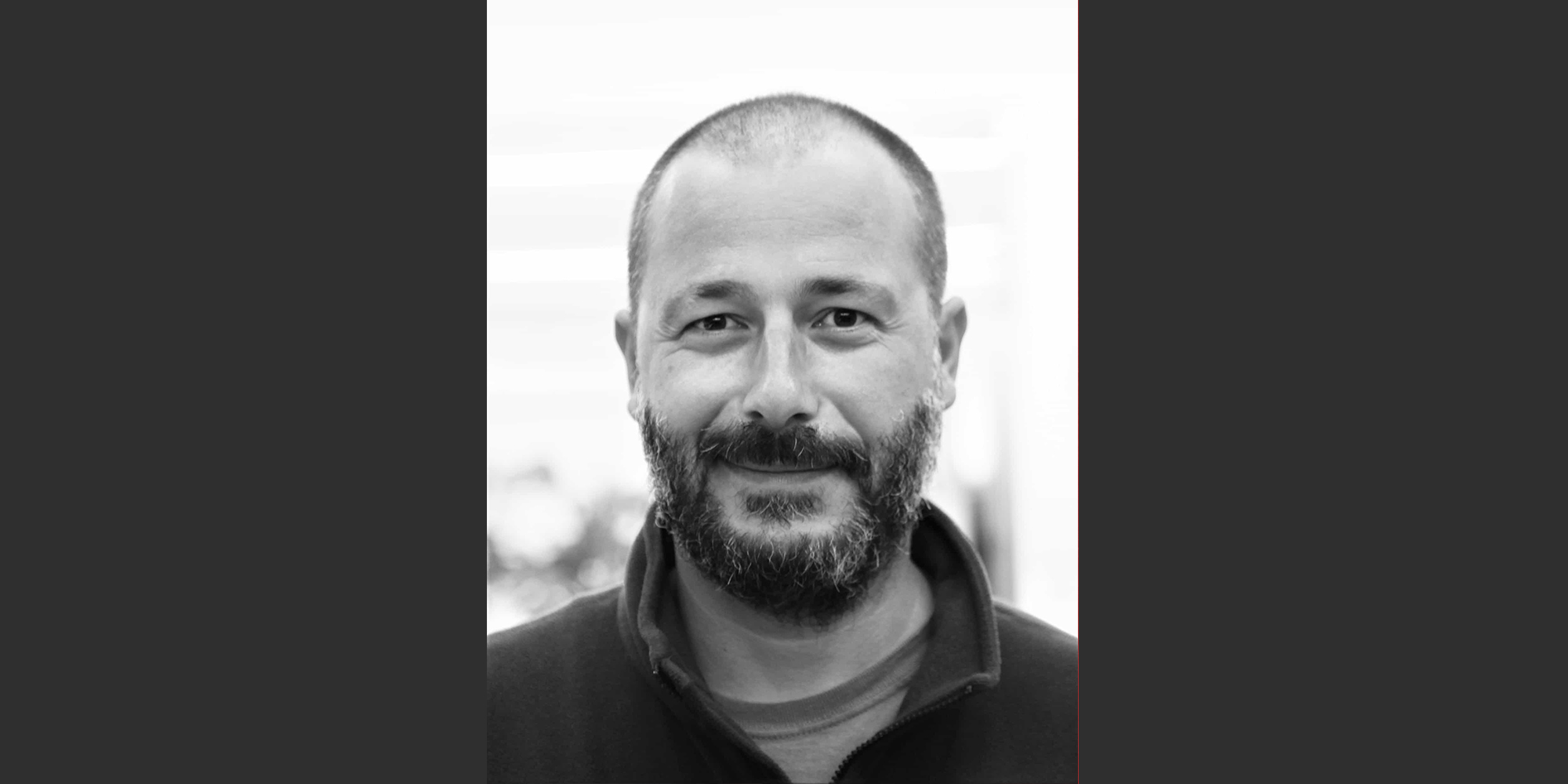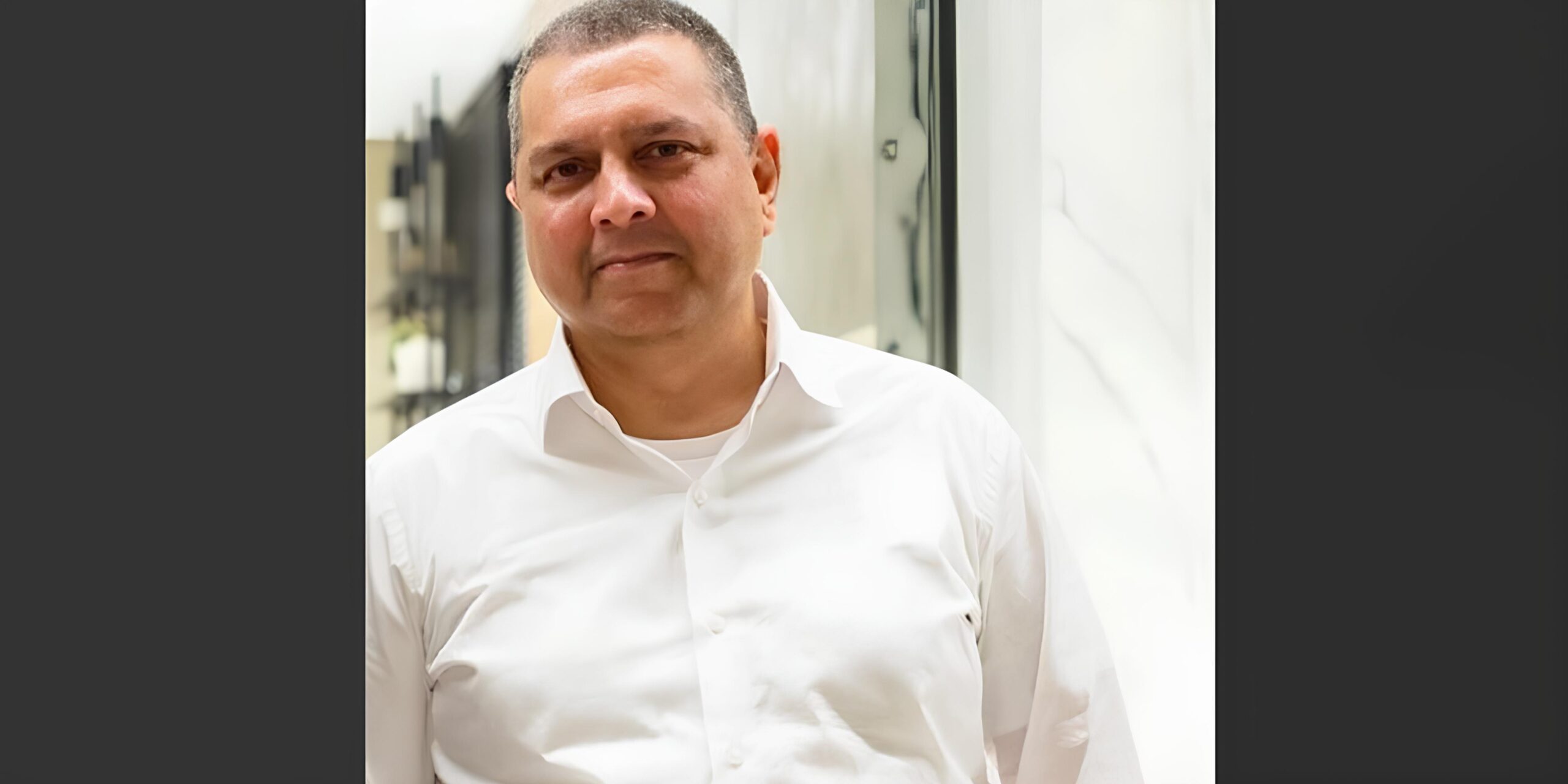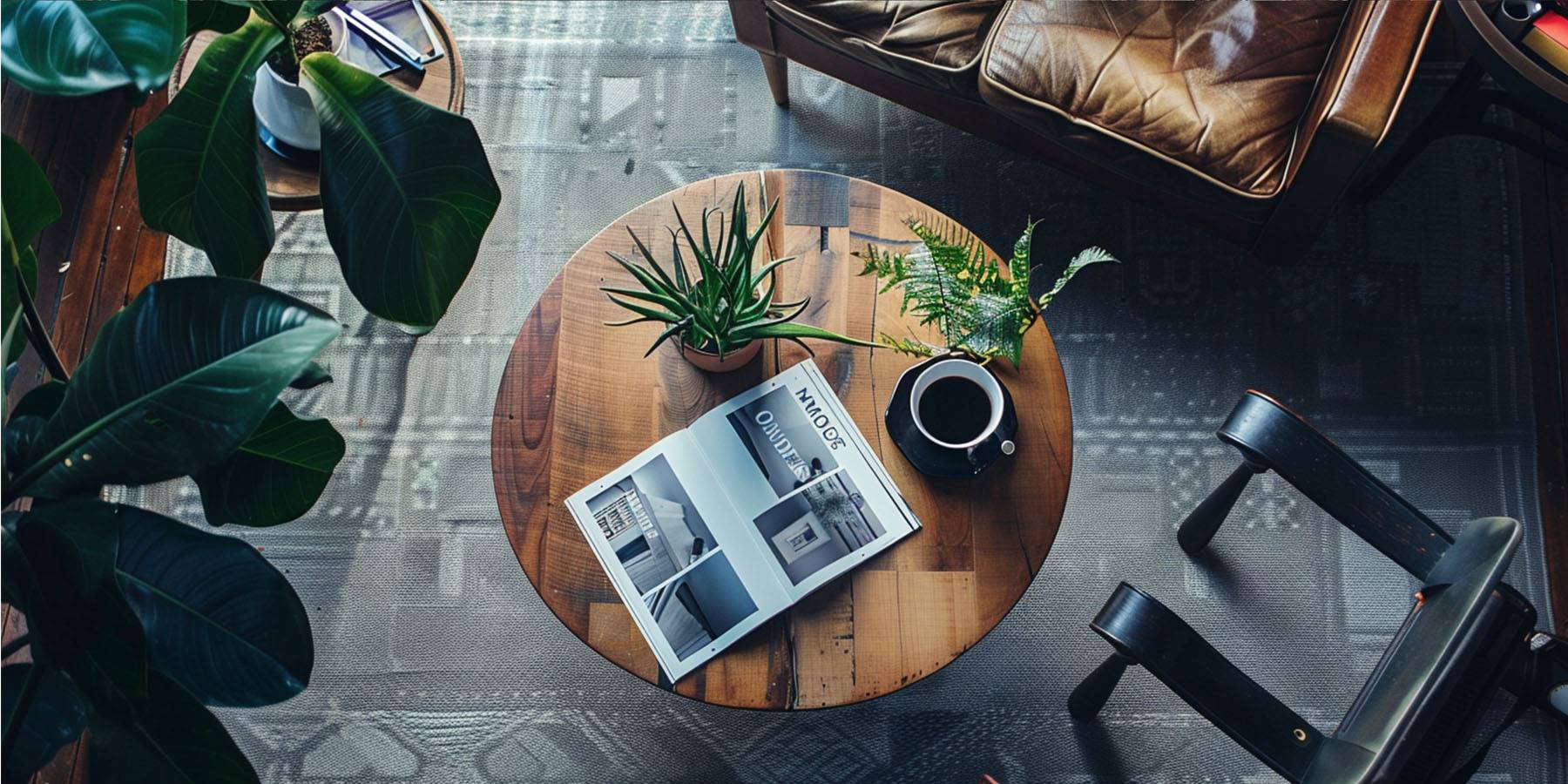At Fublis, Design Dialogues is our dedicated interview series that highlights the innovative minds and creative journeys of architects and designers making a meaningful impact in the industry. Through thoughtful conversations, we explore their philosophies, celebrate their achievements, and offer valuable insights to inspire the next generation of design professionals.
In this feature, we speak with MUA Architecture & Placemaking, a Tbilisi-based practice founded by Devi Kituashvili. With roots in both architecture and computer science, Kituashvili brings a distinct multidisciplinary perspective to the studio’s work—shaping projects that bridge design, community, and innovation. Known for its collaborative approach and socially conscious ethos, MUA has become a prominent force in Georgia’s evolving architectural landscape.
From cultural landmarks like Fabrika Tbilisi to international partnerships across Armenia, Germany, and the UAE, MUA’s portfolio reflects a diverse yet cohesive commitment to creating spaces that are responsive, contextual, and emotionally resonant. Their designs not only serve functional needs but also foster identity, engagement, and a deeper sense of place.
What sets MUA apart is its commitment to turning spaces into meaningful places. Whether shaping a boutique hotel in Batumi, designing urban identities for government institutions, or reimagining cultural hubs like Fabrika Tbilisi, the firm approaches each project with curiosity, adaptability, and an intuitive grasp of context. Their reach spans international borders, with projects in Armenia, the UAE, Germany, and Albania, often in partnership with globally respected firms such as Arup, Chapman Taylor, and CallisonRTKL.
Driven by lateral thinking and a collaborative spirit, MUA’s team of architects and designers believes in the power of architecture to tell stories, create community, and serve both function and feeling. Their portfolio, diverse in typology yet unified by a deep respect for place and people, reflects a design philosophy that is as pragmatic as it is poetic.
For the full in-depth conversation, please find the detailed one-on-one interview at the link below.




